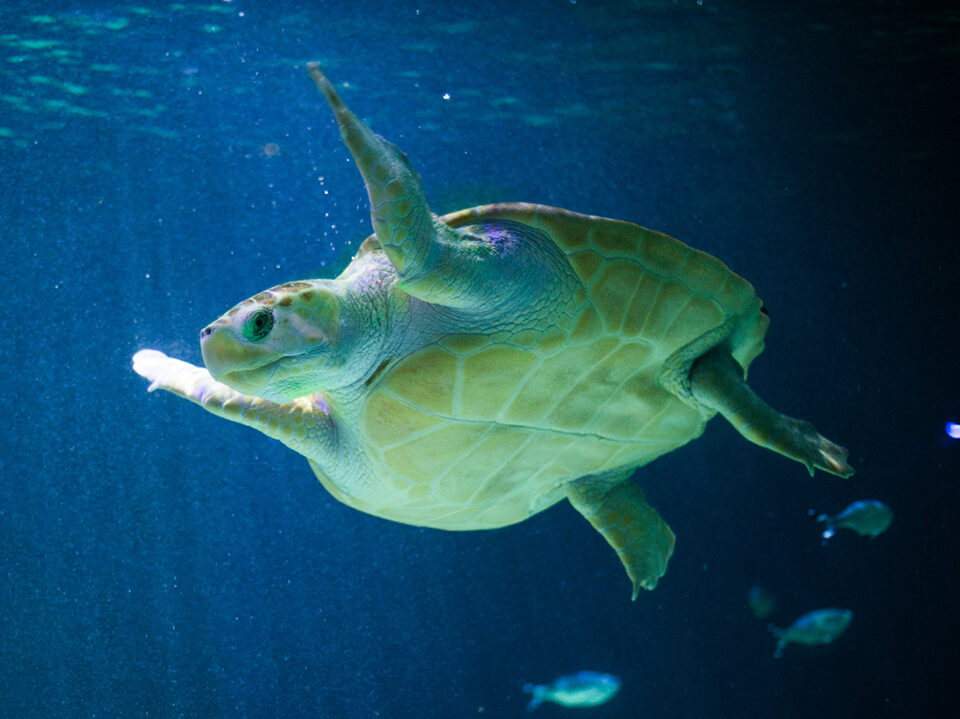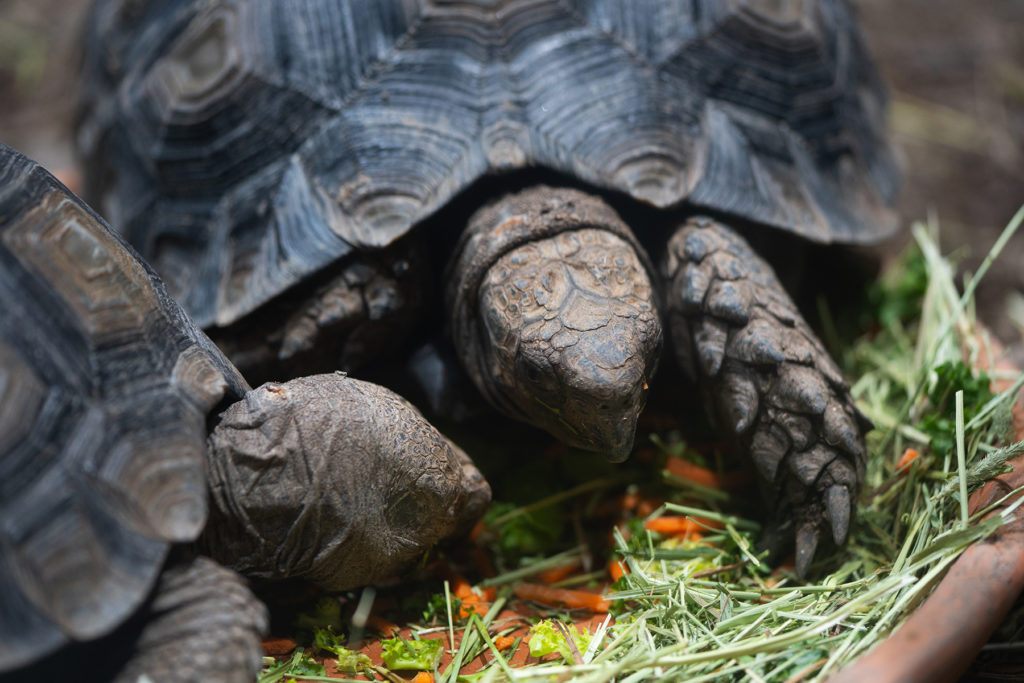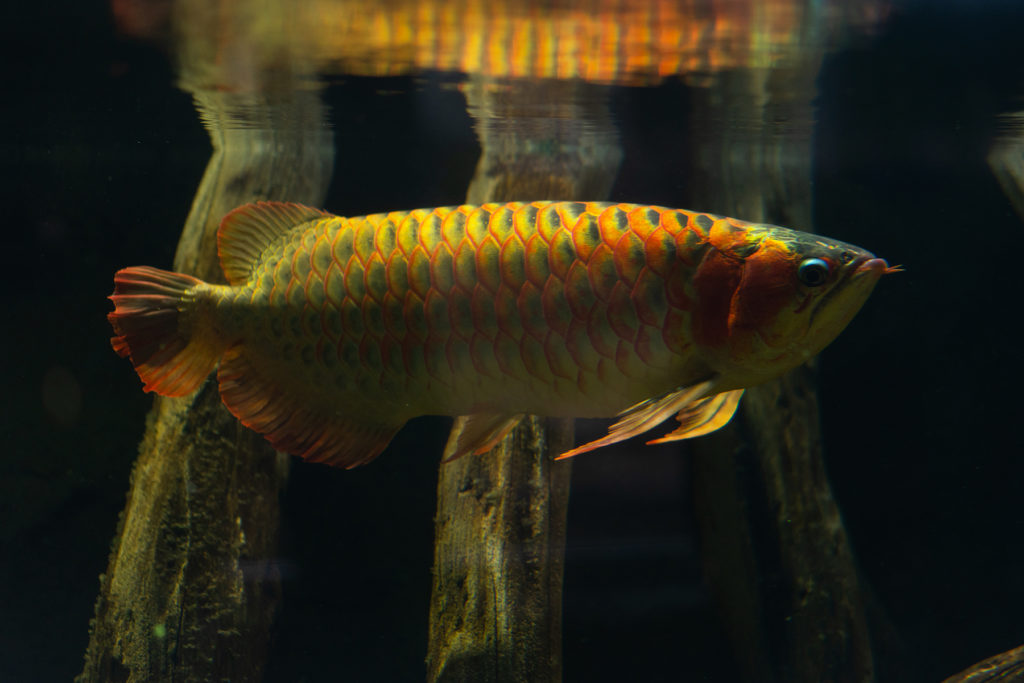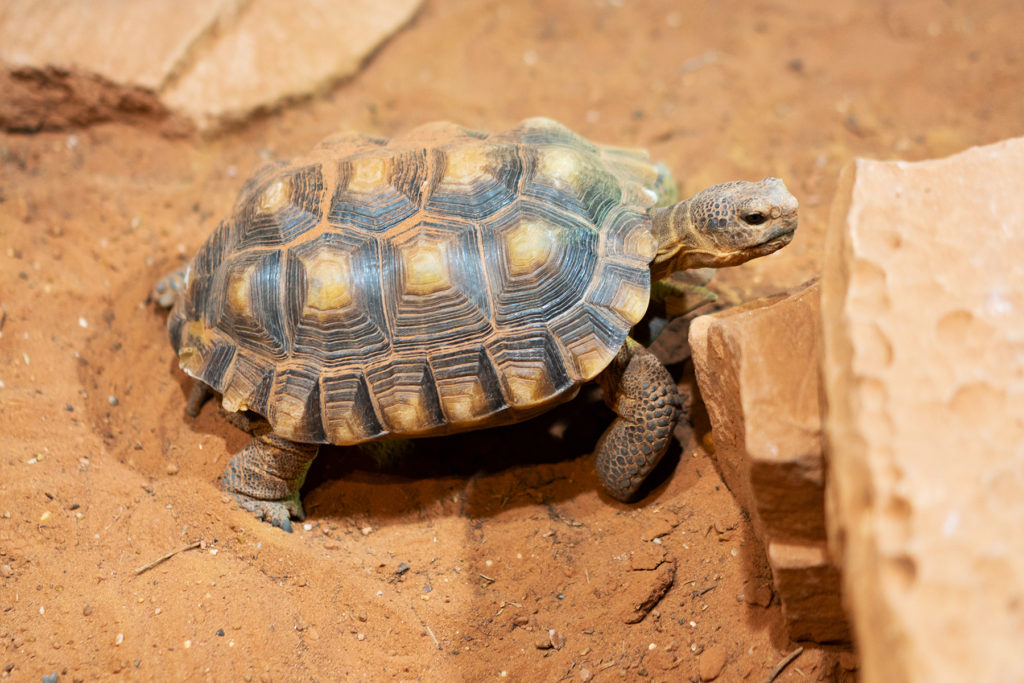Endangered Species Weekend
Visit our social media channels (links below) for videos and ways to show your support for endangered species. Click below for printable activities for kids!

Join a citizen science project using the iNaturalist App. Record the wildlife you observe in your own backyard and contribute your findings to help scientists track endangered species. For detailed instructions, click here.
ENDANGERED SPECIES WEEKEND
Endangered Species Weekend is a three-day celebration around Endangered Species Day, which is held every year on the third Friday in May (May 15, 2020) to celebrate the nation’s wildlife and wild habitats. It is an opportunity for people of all ages to learn about the importance of biodiversity and how our actions have an impact on the animals and habitats around us.
VIRTUAL CELEBRATION
Join us on our social media as we premier fun and educational videos to celebrate Endangered Species Weekend!
CONSERVATION ACTIONS
Biodiversity is an important indicator of a healthy ecosystem. We depend on our ecosystems for fresh air, clean water, and pollination. We are all part of an ecosystem and a healthy ecosystem, means we are healthier too! Click the button below to learn how you can help rebuild and preserve wild ecosystems and the animals that depend on them.



Ways You Can Make a Difference
Everyone can influence change, no matter their age. Here are some ways you can make a difference based on your age.
3-7 Years
We can all work together to make Earth a cleaner and better place to live. We can make good choices every day to help keep the Earth clean and protect our Ecosystems. Follow along and make a difference with these simple actions:
- Help habitats stay clean by not littering. This helps animals in our own backyards, like otters, birds, tortoises, and fish!
- Visit a national wildlife parks or other open spaces. These protected lands provide a habitat to many native wildlife, birds, fish and plants
- Leave wildlife in the wild and don’t disturb it. Stay on the trail, leave wildflowers growing instead of picking them, and protect animal homes and habitats while you spend time in nature
- Ask your parents to help you create a backyard wildlife habitat. Put bird feeders and other wildlife attractants, such as bird houses and baths
8-13 Years
We have the opportunity to protect our planet’s biodiversity. By taking these actions, we can create a healthy, more sustainable future for all species! Follow along and make a difference with these simple actions:
- Help habitats stay clean by not littering and picking up trash if you see it. This helps animals in our own backyards, like otters, birds, tortoises, and fish!
- Visit a national wildlife refugees, parks, or other open spaces. These protected lands provide a habitat to many native wildlife, birds, fish and plants. How many can you identify?
- Leave wildlife in the wild and don’t disturb it. Stay on the trail, leave wildflowers growing instead of picking them, and protect animal homes and habitats while you spend time in nature
- Ask your parents to help you create a backyard wildlife habitat. Put bird feeders and other wildlife attractants, such as bird houses and baths
14-17 Years
Making small changes add up to making a big difference. We have the opportunity to protect our planet’s biodiversity. By taking these actions, we can create a healthy, more sustainable future for all species. There are lots of good ways to do this! Follow along and make a difference with these simple actions:
- Reduce, reuse, recycle!
- Help habitats stay clean from litter. This benefits animals in our own backyards, like otters, birds, tortoises, and fish. Using fewer resources also burns less fossil fuel, which helps sea turtles, polar bears, and coral reefs
- Think about things you use that could be replaced with reusable items: water bottles, shopping bags, or lunch boxes are all good options
- Choose products that come in recyclable packaging: paper and glass are more recyclable than plastic
- Reduce your carbon emissions by combining trips, taking public transit, or riding your bicycle
- Help habitats stay clean from litter. This benefits animals in our own backyards, like otters, birds, tortoises, and fish. Using fewer resources also burns less fossil fuel, which helps sea turtles, polar bears, and coral reefs
- Get informed and speak up!
- Visit a national wildlife refuge, park or other open space. These protected lands provide habitat to many native wildlife, birds, fish and plants
- Leave wildlife in the wild and don’t disturb it. Stay on the trail, leave wildflowers growing instead of picking them, and protect animal homes and habitats while you spend time in nature
- Contact your local, state, and federal representatives and tell them that endangered species matter to you. Ask them to support the Endangered Species Act
- List of Utah’s county websites: Utah.gov/government/countymap.html
- Contact information for Utah State House of Representatives: house.utah.gov/house-members, or 801 538 1408
- US Capitol Switchboard: 202 224 31
- Create a backyard wildlife habitat
- Put bird feeders and other wildlife attractants, such as bird houses and baths
18+ Years
Though we may be limited in where we can go, we are not limited in exercising our responsibility to act for environmental health. We have the opportunity to protect our planet’s biodiversity. By taking these actions, we can create a healthy, more sustainable future for all species:
- Reduce, reuse and recycle:
- Reduce, reuse, and recycle will help habitats stay clean from litter! This helps animals in our own backyards, like otters, birds, tortoises, and fish. Using fewer resources also burns less fossil fuel, which helps sea turtles, polar bears, and coral reefs.
- Reduce your use of single-use items, such as paper, plastic bottles, plastic bags, and excessive packaging
- Never purchase products made of endangered species, such as ivory, coral, or tortoise shell
- Reduce your carbon emissions by combining trips, taking public transit, or riding your bicycle
- Reuse plastic items as many times as you can: a plastic yogurt tub can hold leftovers or carry water to your potted plants
- Think about things you use that could be replaced with reusable items: coffee cups, water bottles, shopping bags, or lunch boxes are all good options.
- Choose products that come in recyclable packaging: paper and glass are more recyclable than plastic
- Reduce, reuse, and recycle will help habitats stay clean from litter! This helps animals in our own backyards, like otters, birds, tortoises, and fish. Using fewer resources also burns less fossil fuel, which helps sea turtles, polar bears, and coral reefs.
- Grow a pollinator-friendly, native plant garden:
- Native plant species provide food and shelter for native wildlife, including important native pollinator species
- Native plant species also require less water, fertilizer, and pesticide than non-native species
- Go to pollinator.org/guides to search by zip code for a guide to planting a pollinator-healthy garden in your area
- Speak up:
- Contact your local, state, and federal representatives and tell them that endangered species matter to you. Ask them to support the Endangered Species Act
- List of Utah’s county websites: Utah.gov/government/countymap.html
- Contact information for Utah State House of Representatives: house.utah.gov/house-members, or 801 538 1408
- US Capitol Switchboard: 202 224 31
- Your voice counts: ask your representatives to reduce carbon emissions by using renewable energy, to protect wild habitats and ecosystems from development and overharvesting, and to promote responsible recreation
- Contact your local, state, and federal representatives and tell them that endangered species matter to you. Ask them to support the Endangered Species Act

